Author:Baby & Adult Diaper Materials FROM:Diaper Materials Manufacturer TIME:2023-09-14
Harnessing the Power of Non Woven Factory for Sustainable Diaper Manufacturing
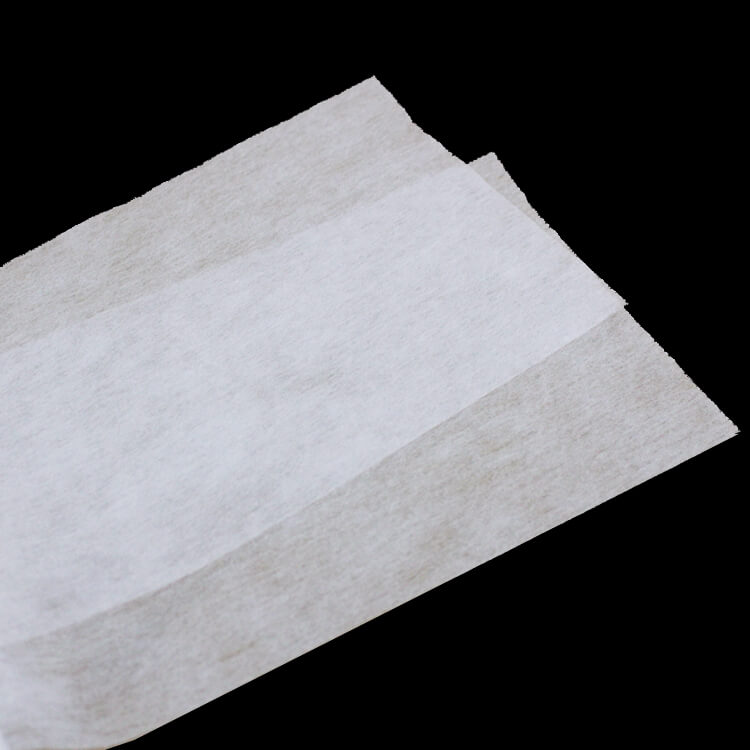
The diaper manufacturing industry has witnessed significant advancements in recent years, primarily driven by the need for sustainable and eco-friendly products. Non-woven fabric has emerged as a game-changer in this regard, offering numerous benefits such as improved softness, breathability, and absorption. In this article, we will explore the harnessing of non-woven factories for sustainable diaper manufacturing, and the positive impact it has on the environment.
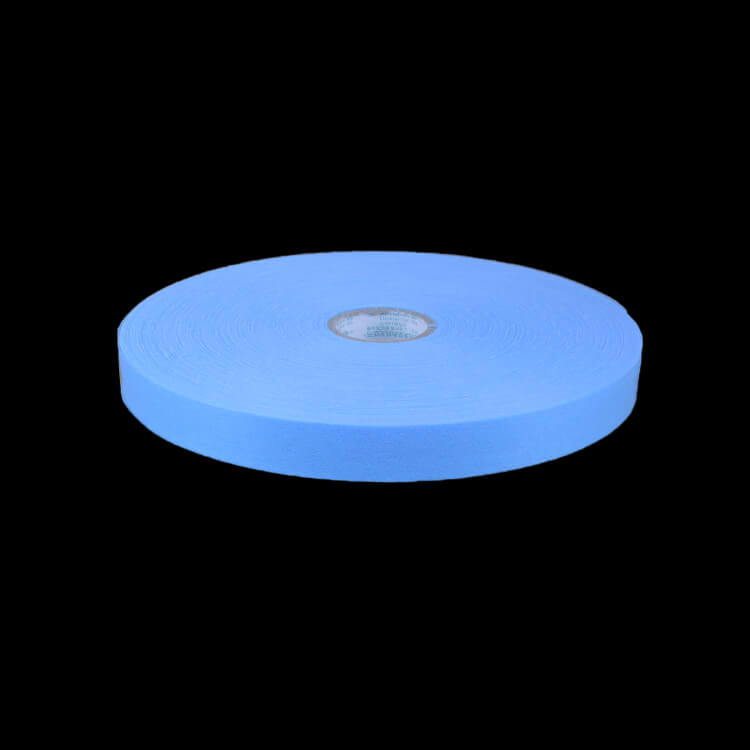
Non-woven fabric provides an ideal choice for sustainable diaper manufacturing due to its unique properties. Firstly, it offers enhanced softness, making diapers more comfortable for babies. The non-woven structure allows for better air circulation, reducing the risk of diaper rash and irritation. Moreover, the high absorbency of non-woven materials ensures better leakage prevention, keeping babies dry and comfortable for extended periods. By harnessing the power of non-woven factories, diaper manufacturers can improve the overall performance of their products, resulting in higher customer satisfaction.
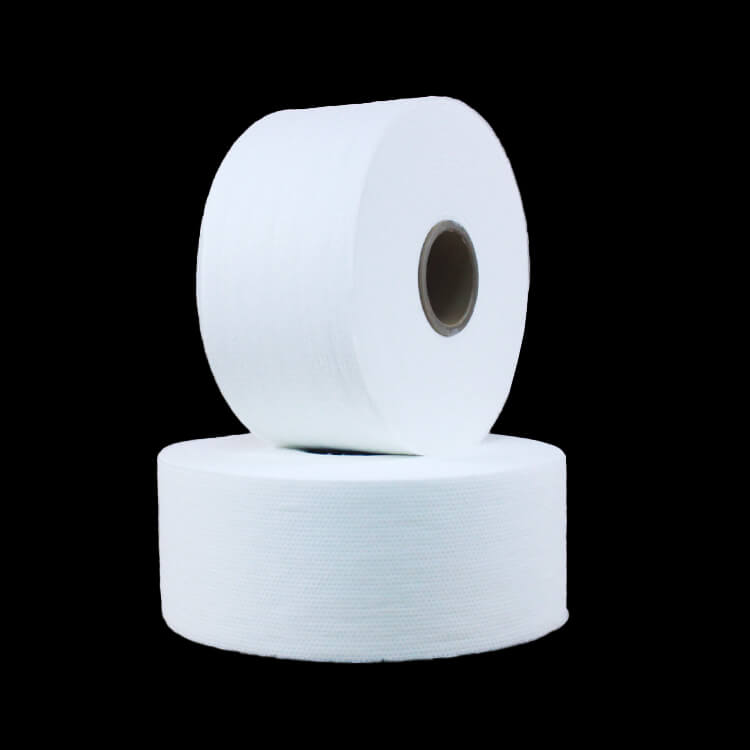
Traditional diaper manufacturing processes often involve the use of plastic and chemicals that are harmful to the environment. However, non-woven factories offer an eco-friendly alternative. Non-woven fabric is typically made from recycled materials, reducing the dependency on virgin resources. Additionally, the production process generates fewer greenhouse gas emissions compared to traditional methods. By adopting non-woven factories for diaper manufacturing, companies can significantly reduce their carbon footprint and contribute to a more sustainable future.
While sustainability is a crucial factor, cost efficiency also plays a significant role in the decision-making process for diaper manufacturers. Non-woven factories offer several advantages in terms of cost savings. Firstly, the production process is highly automated, reducing labor costs and improving efficiency. The use of recycled materials further lowers the production costs, as they are generally less expensive than virgin materials. Moreover, non-woven fabrics can be easily manufactured in large quantities, allowing manufacturers to benefit from economies of scale. By harnessing non-woven factories, diaper manufacturers can achieve both sustainable practices and cost effectiveness.
The harnessing of non-woven factories for sustainable diaper manufacturing presents a promising solution to meet the growing demand for eco-friendly products. By utilizing non-woven fabric, diaper manufacturers can enhance product performance, reduce environmental impact, and achieve cost efficiency. It is essential for companies in the industry to embrace this innovative approach and contribute to a more sustainable future for both babies and the planet.
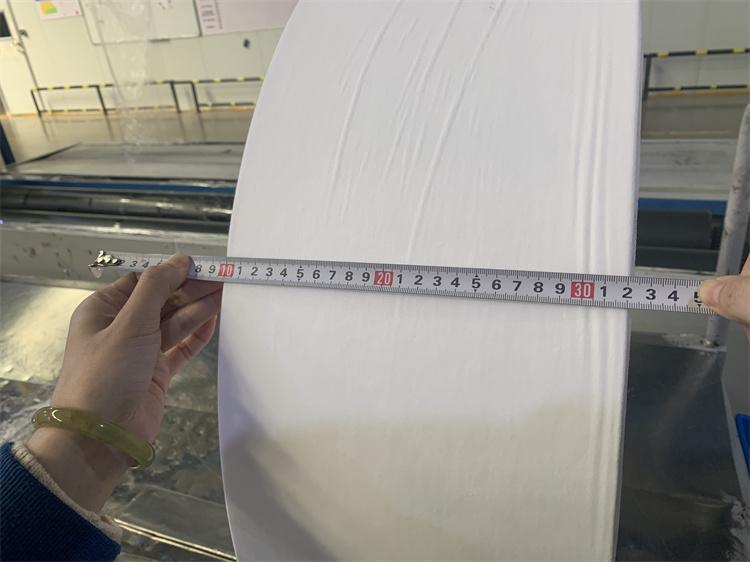
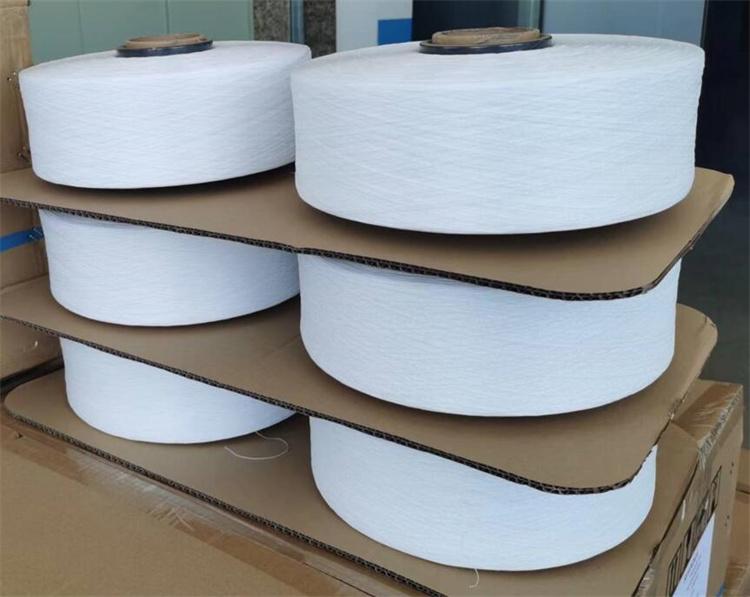
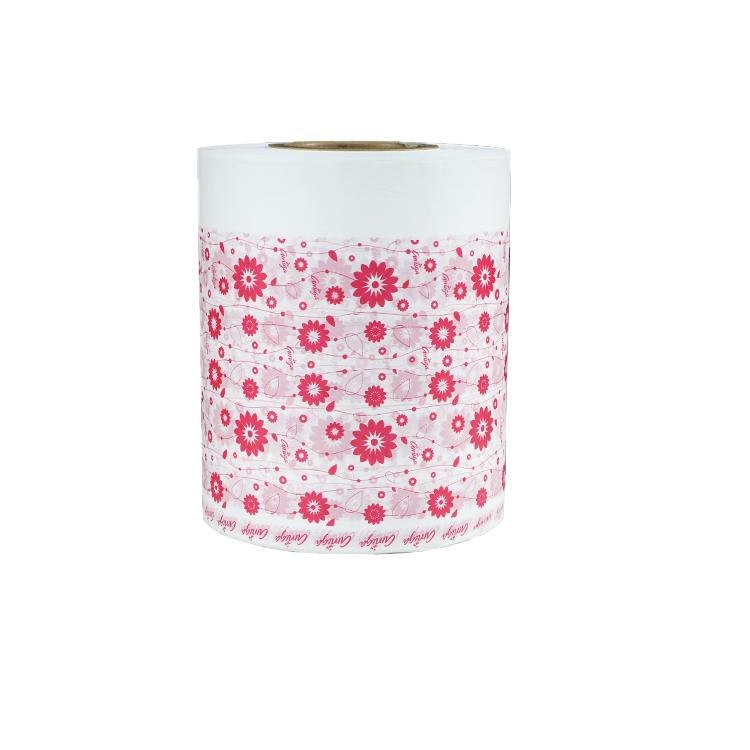
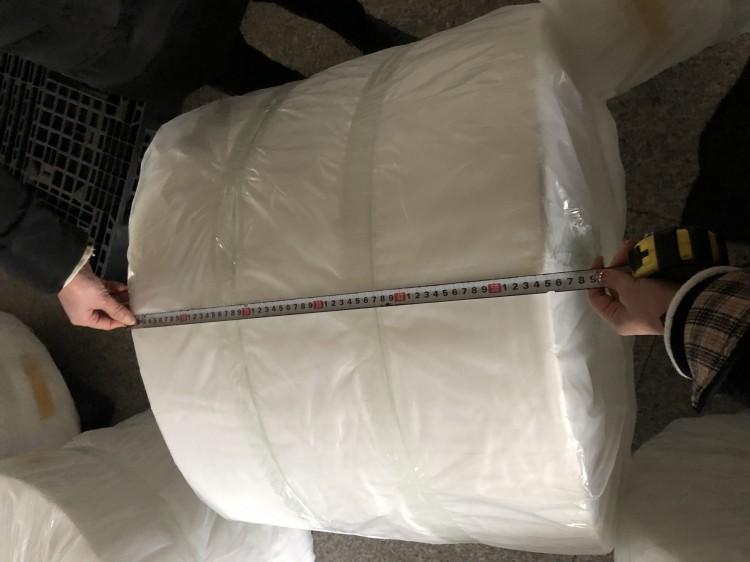

 Email: info@whldiapernonwoven.com
Email: info@whldiapernonwoven.com
 MP/WhatsApp: +86-13599937366
MP/WhatsApp: +86-13599937366
 Manufacturer Address:Room 1105B, Bld M1, Manhattan, Yulongwan, Shimao, Shuanglong Road, Meiling Street, Jinjiang, Fujian, China
Manufacturer Address:Room 1105B, Bld M1, Manhattan, Yulongwan, Shimao, Shuanglong Road, Meiling Street, Jinjiang, Fujian, China